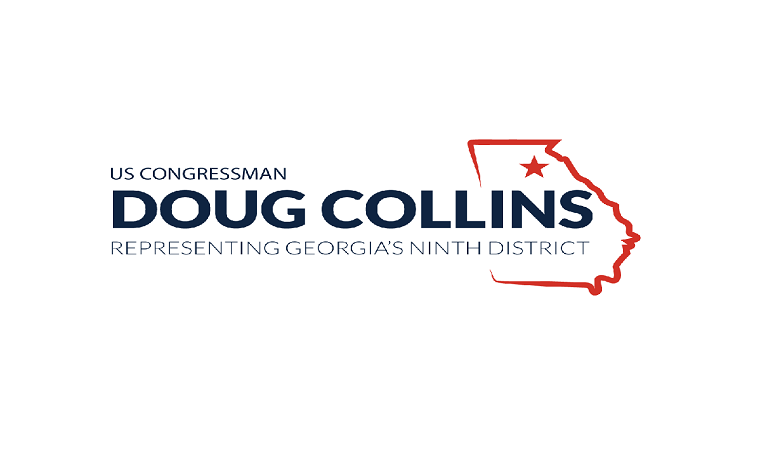U.S. Representative Doug Collins issued the following announcement on June 26.
Recently, CVS accused the Journal (Letters, June 8) of mischaracterizing its pharmacy benefit manager (PBM) operation. Thomas Moriarty is right to contend that the PBM’s role “is to negotiate the best price possible for patients and clients,” but wrong to pretend that large PBMs are accomplishing that mission.
In Kentucky, lawmakers discovered that PBMs, including CVS, pocket over 40% of the state’s annual Medicaid spending on prescription drugs. In Arkansas’s Medicaid program, independent pharmacists received $909 for 20 tablets of Temozolomide. CVS’s PBM gave its pharmacies $4,000 for the same cancer medicine.
The industry’s lack of transparency allows CVS to expand its mosaic of abusive pricing schemes with impunity. While independent pharmacists provide medical services and guidance to many (particularly rural) Americans, major PBMs like CVS Caremark are crippling these pharmacies by unfairly cutting their reimbursements. What’s worse, CVS then urges those pharmacists to sell their practices to its retail arm. Patients and taxpayers incur the financial costs of this flimflam, and patients suffer further by losing access to local health providers.
More than 40 of the largest companies in the world—including Coca-Cola, Shell and Verizon—have phased PBMs out of their employee health-care ecosystems. Caterpillar spent less on prescription drugs in 2015 than it did in 2005 using a PBM. To increase transparency and improve patient care, I introduced the Phair Pricing Act, which requires all price concessions between a pharmacy and a PBM be passed to Medicare Part D patients at the point of sale.
CVS may love ObamaCare, but what it really needs is a healthy dose of accountability.
Original source can be found here.









 Alerts Sign-up
Alerts Sign-up